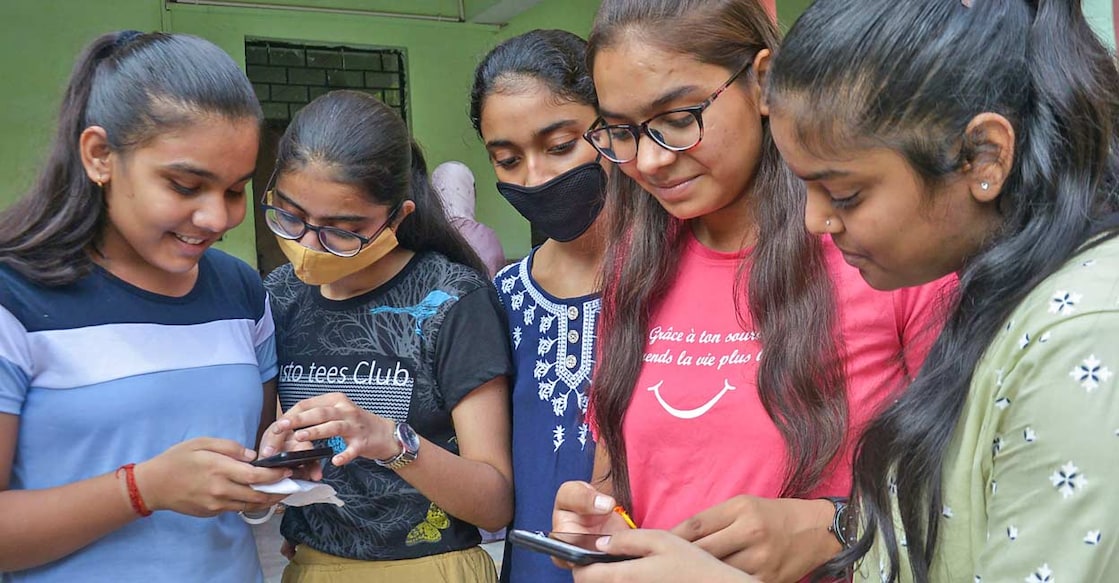Kerala SSLC Biology exam: Majority of students expected to perform well

Mail This Article
Students would be able to earn good scores on the Biology paper of the Kerala SSLC (Class 10) exam conducted on Wednesday.
While questions 1-6 in Part A were relatively easy and everyone could earn a score of five, Question 3, which tested students on the functions of plant hormones, was challenging for those who had not studied the related illustration in the textbook. Additionally, Question 6 was a repeat question from previous years.
Similarly, most students can answer Questions 7-13 correctly. Question 8 on the splitting of chromosomes was of good standard but could be answered easily. Still, its sub-question could have confused some students.
Questions 10 and 11 on analysis and completion of tables were also not tough.
Question 13 differed from the usual pattern. But, as it was from the introduction of the lesson, a majority of students could answer it.
The question in Part C about the brain was uncomplicated, while Question 15 on haemophilia was predictable and in line with expectations.
Students who had a firm grasp of the textbook found Question 17, which tested their knowledge on protein synthesis, to be straightforward. Question 18 was noteworthy for its innovative approach, as it required students to create a flowchart depicting Darwin's Theory. Additionally, Question 20 featured an accurate reproduction of the insulin production illustration found in the textbook.
Overall, questions 14-20 provided a respite for students. It is noteworthy that each of these questions had a unique format, adding further diversity to the paper.
The three questions in Part D were also as expected.
(Information courtesy: Nasser Kiliyayi, Lecturer, DIET, Malappuram)

